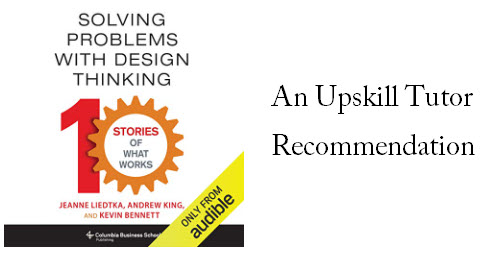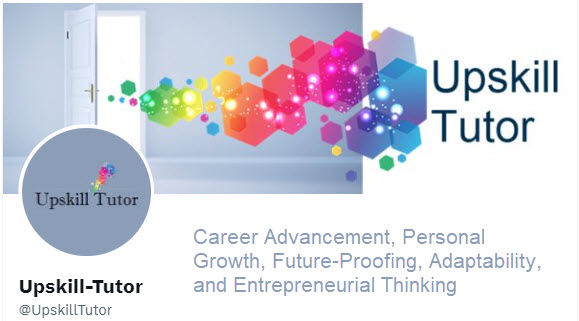
Introduction
In an era marked by rapid technological advancements and evolving job landscapes, the concept of upskilling has emerged as a key driver for individual and organizational success. Upskilling refers to acquiring new skills or enhancing existing ones to stay relevant and competitive in the ever-changing world of work.
As industries continue to undergo transformative changes, the need for upskilling has become more pronounced, making it a fundamental aspect of personal and professional development.
The Necessity of Upskilling
In today’s dynamic job market, the shelf life of skills is diminishing. Traditional career paths are giving way to more fluid and multifaceted journeys, requiring individuals to adapt continually. Upskilling is a response to technological advancements and a proactive approach to future-proofing one’s career. As automation and artificial intelligence reshape industries, individuals who invest in upskilling ensure they remain valuable contributors in their respective fields.
Technological Advancements and Upskilling
The Fourth Industrial Revolution has ushered in a wave of transformative technologies, such as artificial intelligence, machine learning, and the Internet of Things. While these technologies hold immense potential for efficiency and innovation, they also render certain skills obsolete. Upskilling becomes crucial in this context, as it empowers individuals to harness the opportunities presented by these technologies rather than being displaced by them.
Moreover, integrating digital tools and platforms in various industries necessitates a digital literacy beyond basic computer skills. Upskilling in digital proficiency equips individuals with the ability to navigate and leverage digital technologies effectively, opening up new avenues for collaboration, communication, and problem-solving.
Enhancing Adaptability and Employability
Upskilling is not confined to acquiring technical skills alone; it also involves developing highly valued soft skills in the modern workplace. Critical thinking, adaptability, communication, and emotional intelligence are increasingly essential in a collaborative and diverse work environment. Upskilling in these areas enhances an individual’s employability, making them adaptable to different roles and industries.
Organizational Impact
The benefits of upskilling extend beyond individual growth, impacting organizations as well. Companies that prioritize upskilling initiatives foster a culture of continuous learning, innovation, and employee engagement. A skilled and adaptable workforce enables organizations to navigate industry disruptions, stay ahead of the competition, and foster a positive and resilient work environment.
Accessibility of Upskilling Opportunities
With the advent of online learning platforms, upskilling has become more accessible. Individuals can choose from a plethora of courses, webinars, and workshops tailored to their specific needs and interests. This democratization of education allows people from diverse backgrounds and geographical locations to engage in continuous learning, breaking down barriers to personal and professional development.
Conclusion
In conclusion, upskilling is vital to navigating the complexities of the modern job market. As technological advancements continue to reshape industries, individuals must embrace a proactive approach to learning and development. Whether acquiring technical skills to stay abreast of industry trends or honing soft skills to enhance overall employability, upskilling is the key to unlocking personal and professional success in an ever-evolving world. Embracing the culture of lifelong learning is not just a choice but a strategic imperative for thriving in the future of work.
Feel Free to Share
Two Recommendations

Using design skills such as ethnography, visualization, storytelling, and experimentation, these managers produced innovative solutions to problems concerning strategy implementation, sales force support, internal process redesign, feeding the elderly, engaging citizens, and the trade show experience. Here they elaborate on the challenges they faced and the processes and tools they used, offering their personal perspectives and providing a clear path to implementation

Through her global consulting projects, keynote speeches, and work with thousands of leaders, Karen has seen first-hand how a pervasive lack of clarity strangles business performance and erodes employee engagement. Ambiguity is the corporate default state, a condition so prevalent that “tolerance for ambiguity” has become a clichéd job requirement.
It doesn’t have to be this way.
Disclaimer: In the name of full transparency, please be aware that blog posts and pages on this website contain affiliate links, and any purchases made through such links will result in a small commission for me (at no extra cost to you).
Feel Free to Share

